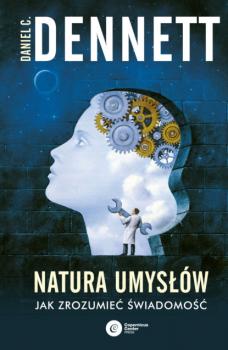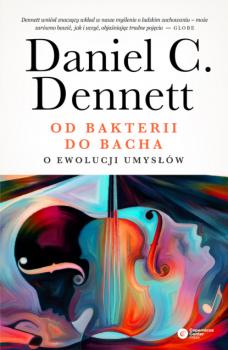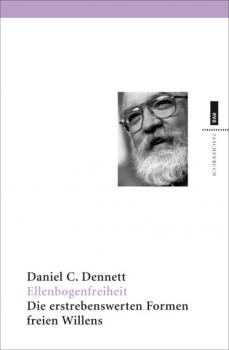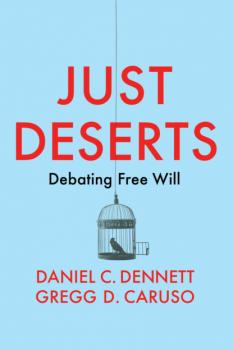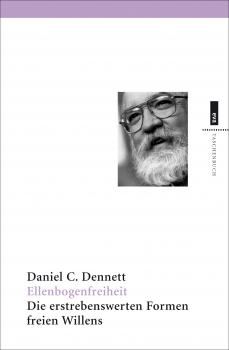Daniel C. Dennett
Список книг автора Daniel C. DennettEllenbogenfreiheit
Daniel C. Dennett hat mit seinem international sehr beachteten Buch «Ellenbogenfreiheit» einen originellen Vorschlag zur Frage erbracht, wie man unsere Intuition über Freiheit, Rationalität und Verantwortung mit dem Bild von einer deterministischen Welt in Einklang bringen könne. Nach Dennett ist das für all jene Intuitionen möglich, an denen uns für unser Selbstverständnis wirklich gelegen sein muss. Und dort, wo keine Vereinbarkeit möglich erscheint, handelt es sich immer um ein Überbleibsel einer unhaltbaren philosophischen Theorie. Die Debatte selbst hinterfragt Dennett, indem er die entscheidende Frage reflektiert, warum uns am freien Willen so viel gelegen ist.
Ein aktuelles Vorwort von Daniel C. Dennett ist der Neuausgabe vorangestellt, und als neuer Beitrag zum Thema sein anlässlich der Verleihung des Erasmus-Preises 2012 verfasster Essay «Erasmus: Sometimes a Spin Doctor is Right».
Just Deserts
The concept of free will is profoundly important to our self-understanding, our interpersonal relationships, and our moral and legal practices. If it turns out that no one is ever free and morally responsible, what would that mean for society, morality, meaning, and the law? Just Deserts brings together two philosophers – Daniel C. Dennett and Gregg D. Caruso – to debate their respective views on free will, moral responsibility, and legal punishment. In three extended conversations, Dennett and Caruso present their arguments for and against the existence of free will and debate their implications. Dennett argues that the kind of free will required for moral responsibility is compatible with determinism – for him, self-control is key; we are not responsible for becoming responsible, but are responsible for staying responsible, for keeping would-be puppeteers at bay. Caruso takes the opposite view, arguing that who we are and what we do is ultimately the result of factors beyond our control, and because of this we are never morally responsible for our actions in the sense that would make us truly deserving of blame and praise, punishment and reward. Just Deserts introduces the concepts central to the debate about free will and moral responsibility by way of an entertaining, rigorous, and sometimes heated philosophical dialogue between two leading thinkers.

